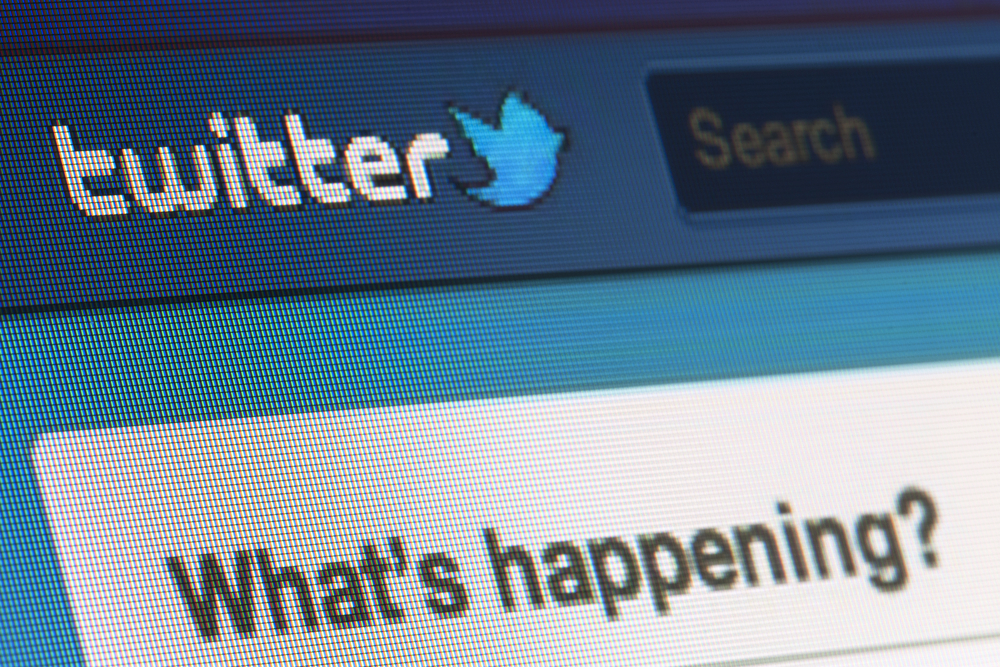The British Twitterati woke up this morning in what could only be described as a state of mourning. For all the optimism, the memes and the Milifandom, what was a clear pro-Labour sentiment translated to nothing more than a complete rout in the polls.
Tweets ranged from anger, to defiance, to sheer incomprehension. Many also commented on the ‘echo-chamber’ effect of Twitter, which sees users follow individuals similar to themselves and therefore exclude dissenting views from their sight.
Indeed, for all its cultural significance, it’s hard to argue the evidence that Twitter is thoroughly out of step with the views of the electorate south of Hadrian’s Wall. But after what was touted as the UK’s ‘first social media election’, what does it all mean?
Whilst the headlines may concentrate on the SNP’s landslide in Scotland, Ed Miliband’s bid to become Prime Minister was ultimately doomed by Labour’s failure to make real dents in the Labour/Conservative marginals found in the Midlands and the South-East.
To generalise, voters in these seats are still very much the Middle Englanders that swung elections Labour’s way in the Blair years. They are suburban, middle-aged and quietly aspirational. Importantly, they are also likely to be latecomers to the digital revolution, and receive news through their TVs and major newspapers.
The lesson here is that in Britain’s first-past-the-post voting system, constituencies such as these continue to play a disproportionate role in elections, and the influence of traditional media therefore should never be underestimated.
Additionally, whilst many might lament the marginal influence of Twitter, the impact of Facebook is much more difficult to gauge. As a vastly more popular and mainstream platform, Facebook users represent a much fuller swath of the electorate.
Indeed, for those voters that swung the election the Conservative’s way, it is likely to be the only social media platform regularly used. This election saw the Conservative Party bet big on Facebook, spending six figure sums per month in paid advertising, and it seems their investment has been rewarded (even if their spend on the platform could have been used much more effectively).
What this means for the future of politics on social media is difficult to predict. In 2020, the Millennial audience making up the majority of social media users will be older and likely to vote in larger numbers, but the balance of power will almost certainly still held by the same marginal constituencies.
In the meantime, the UK is facing one referendum on its membership of the EU, and perhaps another on status of Scotland within the Union. Crucially, results in these referenda will be entirely proportional, and it is likely that social media will play a crucial role in mobilising activists and broadcasting the messages of the Yes and No campaigns.
Most immediately, 2016 sees the election for the new Mayor of London. In a very poor night for Labour, the resilience of their vote in the capital was one of few positives, and it is likely that the views of the influential media elite that makes so much noise on Twitter will have a significant impact on the result.
>See also: Facebook denies fresh allegation that it DOES collect the text you decided against posting
So what of the first social media election? In truth the impact of Twitter, Facebook and other platforms in England has likely been overstated by those of us who act for cheerleaders for new media. It’s quite possible that it played a key role in the rise of the SNP north of the border, though the nationalist revolution in Scotland is a result of so many complex factors that it is simply impossible to tell.
But to say that social media was irrelevant is simply untrue. Moreover, whilst many factors enshrine the importance of traditional media, the impact of social media in politics is likely to increase year on upon year.
After an election that few could have predicted, one thing certainly remains true: the future is still very much digital.
Sourced from Alex Wilson, Hill+Knowlton Strategies







